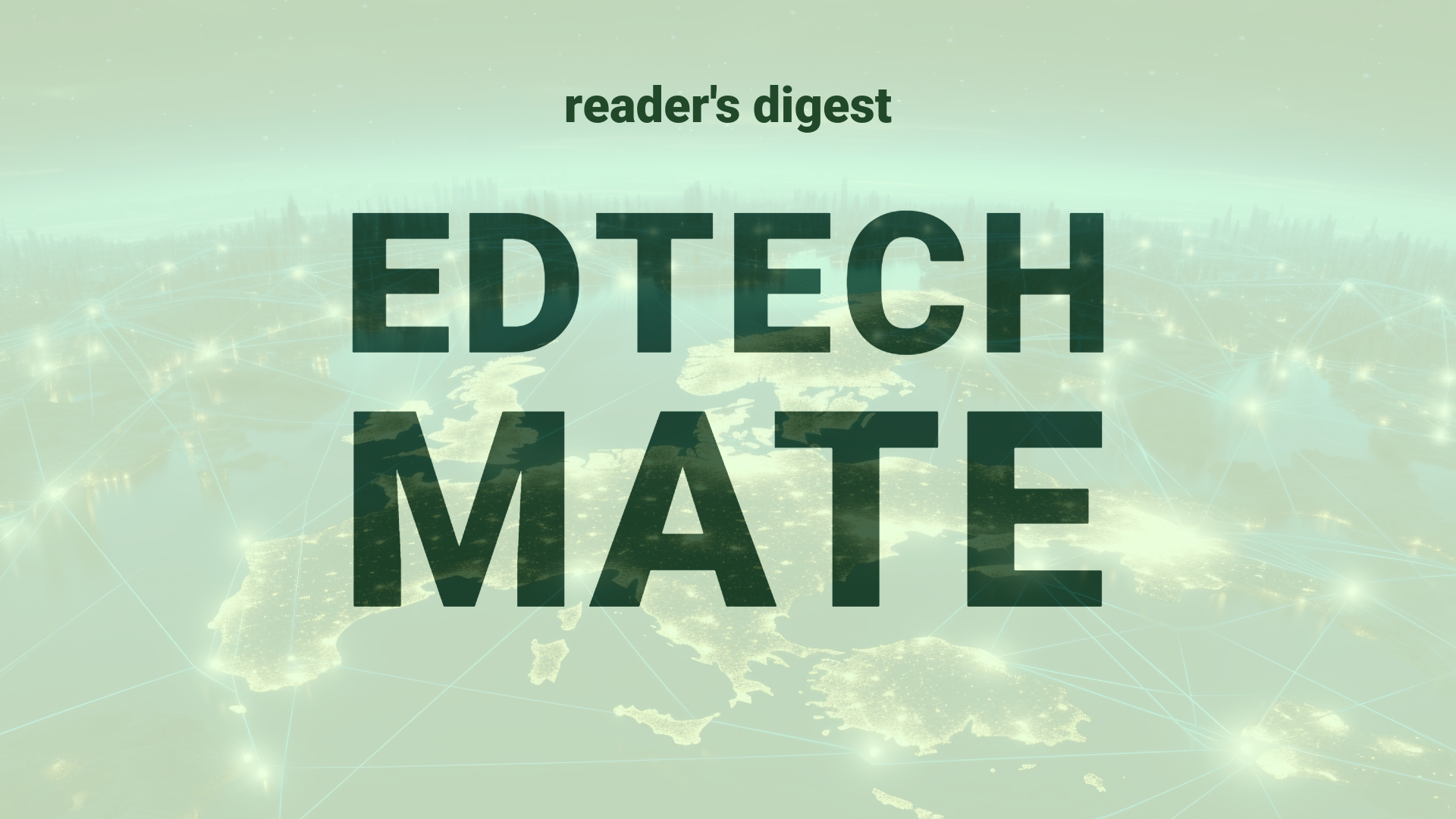Executive Summary and Main Points
Global financial institutions are progressively exploring artificial intelligence (AI) applications to supplant entry-level financial analyst roles. Prominent firms like Goldman Sachs and Morgan Stanley are advancing AI tools that could substitute the fundamental duties of junior analysts, such as compiling data and generating reports. These advanced AI capabilities, including generative AI (GenAI) and robotic process automation, signify a significant pivot in workforce strategy and operational efficiency. With a potential impact on approximately 300 million workers, the financial sector’s adoption of automation technologies is indicative of broader trends towards digital transformation within the industry.
Potential Impact in the Education Sector
The drive towards AI in financial services may necessitate a restructuring of Further and Higher Education curriculums to focus on skills complementary to AI, such as creativity, strategy, and human-centered services. Micro-credentials could emerge as a pivotal strategy to upskill the workforce rapidly. Strategic partnerships between educational institutions and industry players may be vital in crafting courses that align with evolving career landscapes. This shift could diminish the requirement for traditional degrees in certain roles, urging a review of graduate employment strategies and technological competencies within academic environments.
Potential Applicability in the Education Sector
Adopting AI and digital tools in the education sector could transform several operational domains–from automating administrative tasks to personalizing learning experiences. Leveraging AI can allow for data-informed decisions in student recruitment, retention strategies, curriculum design, and more. Advances such as AI-driven analytics could guide universities in predicting enrollment trends and student success. Similarly, digitalization of content delivery could facilitate global access to education and cater to diverse learning needs, while AI could also play a role in career advising by aligning student skills with market demands.
Criticism and Potential Shortfalls
Despite the transformative potential of AI, there are looming criticisms about its integration within various sectors, including ethics, privacy, and employment effects. There is the risk of cultural homogenization, where AI tools developed in specific contexts may not translate globally. Moreover, reliance on automation could lead to skill atrophy or exacerbate economic inequalities if access to these technologies is uneven. Comparative case studies from different regions could shed light on disparate impacts and assist in devising culturally sensitive approaches to implementation.
Actionable Recommendations
To embrace these technologies effectively, education leaders should foster an environment of continuous innovation and learning. Incorporating AI literacy into curriculums, developing micro-credentials that supplement traditional degrees, and seeking cross-sector collaborations can augment the sector’s relevance. It is crucial to establish ethical frameworks for AI implementation, prioritize inclusive access to digital tools, and continuously evaluate the impacts on stakeholders. Institutions should strategically invest in faculty development and infrastructure to support a seamless transition into an AI-enhanced educational future.
Source article: https://www.cio.com/article/2089550/ai-poised-to-replace-entry-level-positions-at-large-financial-institutions.html

